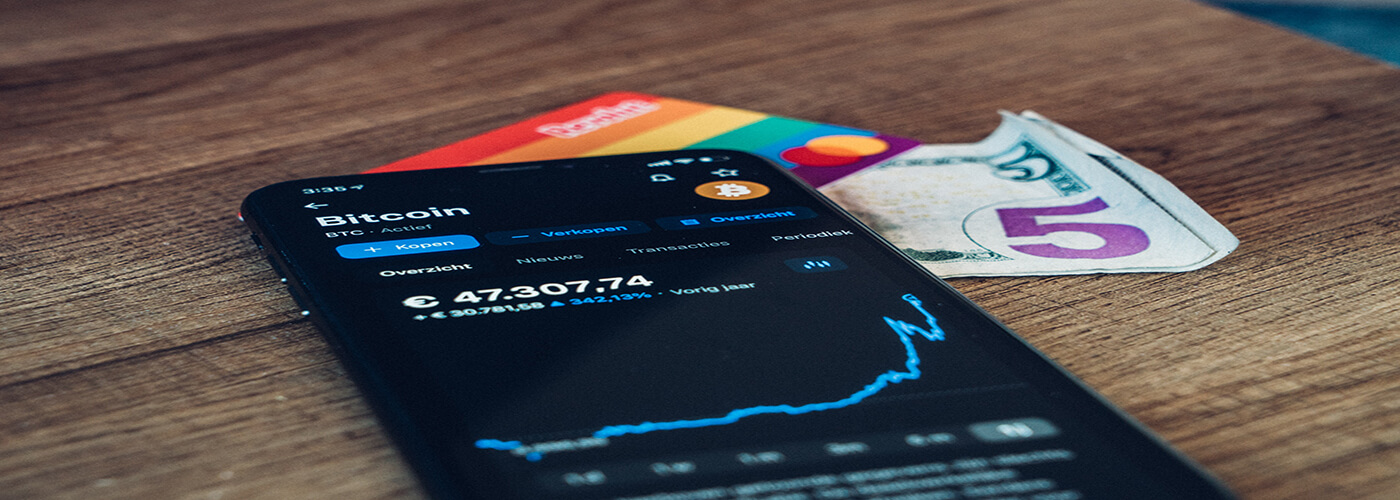Plus the Chinese Property Giant on the Brink of Collapse
Welcome to your Sunday digest…my weekly breakdown of the things we’re thinking about and talking about in the Global Intelligence world.
First up this week, a smartphone game that gives you free crypto.
It sounds too good to be true, but Coin Hunt World is, in fact, very legit. It’s part of a new class of video games called P2E, or play-to-earn.
Coin Hunt World works kinda like Pokémon GO in that it’s a geolocation game. This means the app shows you a digitized version of your neighborhood and you have to visit real-world locations to interact with the game.
However, instead of hunting for Pikachus, you wander your neighborhood in search of virtual keys. When you collect enough keys, you have to answer a question and if you get it right, you earn free crypto.
And not just any crypto. Coin Hunt World awards top-drawer cryptos like bitcoin and Ethereum.
The amounts aren’t large, to be sure. But according to reports online, players can make about $20 per week from playing the game.
Now, the question I’m sure you’re wondering is, how on earth can it be profitable for a game to give out free crypto to players?
The answer is that it isn’t…yet.
Coin Hunt World is currently losing money. But the app hopes to attract enough players to make a profit from advertising.
However, this won’t be your typical advertising. Coin Hunt World wants to charge cryptocurrency creators for using the game to educate people about their cryptos. This is very similar to a program operated by cryptocurrency exchange Coinbase, in which you can earn free crypto for watching educational videos and answering questions.
At the moment, the game is only available on Android in the U.S. and Canada. So, it’s not yet available in Prague, where I live and where I walk around all the time. But I’m already signed up and just waiting for the European rollout (and in the meantime, I am earning pieces of free crypto on Coin Hunt World by answering a daily trivia question).
I love wandering about the city, and if I can earn free crypto while I’m doing it, then frankly that sounds ideal.
***
Now…back to my favorite bugbear—inflation.
Recently, we learned that the White House has more than doubled its annual inflation forecast.
The Office of Management and Budget now says it expects consumer prices to rise by 4.8% in the fourth quarter of this year. This marks a big increase from the 2% that officials had predicted back in May.
The administration has also forecast that the high levels of inflation will ease next year, with levels rising by 2.5% in Q4 of 2022. Their reasoning for this is that as global supply-chain disruptions ease, prices will cool.
I have a somewhat different take, however.
I am seeing inflation everywhere. It’s here in Prague. It was apparent in my conversations in Malta last week. And my landlord, Peter, who works on offshore rigs, is now telling me about rising costs he’s seeing in the oil industry.
This isn’t the kind of inflation that pops up and then disappears like Whac-a-Mole. Prices are up all over the place, and prices tend to be sticky. Manufacturers, once they acclimate buyers to higher prices, aren’t usually willing to give up increases.
My bet, we are at permanently higher prices. Sure, inflation growth rates might slow, but higher prices are here to stay. Even the Fed has admitted that.
As such, we will very likely see rising wages as workers demand more money to compensate for their increasing costs. It’s a domino…and we’re still early in the chain of dominos waiting to fall.
***
Finally, a major Chinese company is close to collapse.
China Evergrande, one of the East Asian nation’s largest property developers, warned recently that it could default on its massive debts if it can’t raise money quickly. The company listed roughly $300 billion in total liabilities.
Such a massive default would reverberate across China’s banking and construction sectors.
For the moment, authorities seem happy to let the company cannibalize its assets to pay off some of its debts. But the time will probably come when the Chinese government has to intervene.
Indeed, Evergrande’s current predicament has left many ordinary Chinese who have paid deposits for apartments in limbo…a potential political risk that China’s notoriously sensitive leaders will want to avoid.
The massive scale of Evergrande’s debts also points to a broader structural problem with China’s economy: large, debt-laden companies.
As China’s economy expanded, many of its people, newly lifted out of poverty, poured their money into property. This made developers like Evergrande very wealthy.
Eager to fuel the nation’s economic expansion, state banks began offering big companies like Evergrande very cheap credit…which they used to fund massive spending sprees across all manner of sectors.
However, as China’s economic growth has slowed, these debt-laden conglomerates, such as Evergrande, Fosun International, Dalian Wanda Group, and others, have become a risk to the country’s financial system.
Regulators are now seeking to bring these companies to heel. However, doing so may prove painful and costly…for both investors and the government.
Evergrande’s stock has lost roughly three-quarters of its value this year. And for the government, the scale and complexity of Evergrande means that bailing it out will not be cheap or easy.
That brings us to the end of this week’s digest. Many thanks for being a subscriber. And if you have any feedback or questions, please reach out through the contact form on the Global Intelligence website here. I’d love to hear from you.

